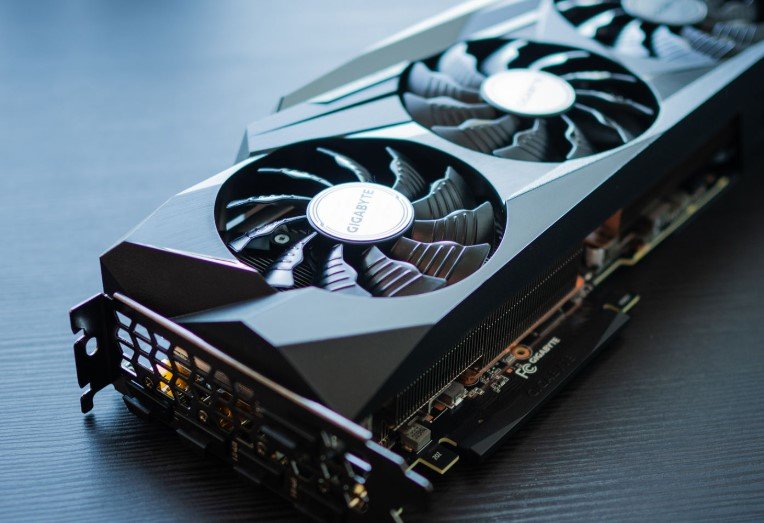Intel has rolled out a crucial fix for a long-standing bug in its ANV Vulkan driver, part of the Mesa graphics library. This update, merged into Mesa 25.3-devel on October 14, 2025, tackles rendering problems, hangs, and crashes in popular games like Cyberpunk 2077, improving stability for Linux users with Intel GPUs.
What the Bug Was and How Intel Fixed It
Engineers at Intel traced the issue back to a code change made in 2017. That tweak forced certain settings on all surfaces in the ANV Vulkan driver, which led to visual glitches and instability over time.
The fix involved reverting that old code, a simple yet effective move after months of community reports and debugging. This change directly addresses problems in demanding titles, where complex graphics would cause the driver to falter.
Users on platforms like Reddit’s linux_gaming community have shared stories of frustration with these bugs, especially on hardware like Arc GPUs. Now, with the patch in place, games run smoother without the fear of sudden crashes.

Impact on Popular Games and Linux Users
Gamers playing Cyberpunk 2077 on Linux have seen major improvements. Before the fix, rendering corruptions made scenes look distorted, and hangs disrupted gameplay sessions.
Other titles affected include those with heavy Vulkan use, such as strategy games and open-world adventures. The update ensures better performance on both integrated and discrete Intel graphics, from older models to the latest Arc series.
This is timely as Linux gaming grows, with more people switching for its flexibility and cost savings. Distributions like Ubuntu and Fedora will likely include this in upcoming stable releases, making it easier for everyday users to benefit.
- Key games that benefit: Cyberpunk 2077, with reduced visual artifacts.
- Hardware supported: Intel Arc GPUs and integrated options in processors like Lunar Lake.
- User feedback: Reports from forums show fewer crashes post-update.
Broader Effects on Intel’s Open-Source Efforts
Intel’s quick action strengthens its role in the open-source world. By fixing this bug, the company shows commitment to Linux, where rivals like AMD and Nvidia also compete with their drivers.
This patch could help Intel in markets beyond gaming, such as AI tasks and virtual reality, where stable graphics are vital. Recent events, like the push for Vulkan 1.4 support in Mesa 25.0 earlier this year, highlight ongoing progress in the ecosystem.
The fix also ties into trends like increased adoption of Linux for desktop use. Data from sources tracking OS market share show Linux holding about 4 percent of the desktop market in 2025, up from previous years, driven by better hardware support.
| Aspect | Before Fix | After Fix |
|---|---|---|
| Rendering Quality | Frequent corruptions and artifacts | Clean, stable visuals |
| Game Stability | Common hangs and crashes | Rare interruptions |
| Affected Hardware | Arc GPUs, older integrated graphics | Broad compatibility across Intel lines |
| Community Response | High complaint volume on forums | Positive early reviews |
Challenges in Driver Development and Future Outlook
Maintaining open-source drivers is tough, with code from years ago sometimes causing unexpected issues. Intel faced similar problems in 2023 with Gen9 graphics, which were fixed through targeted updates.
Looking ahead, this reversion sets a positive tone for upcoming hardware like next-gen processors. It encourages more developers to contribute to Mesa, fostering innovation in Linux graphics.
Experts predict that as Vulkan evolves, fixes like this will become standard, reducing barriers for new users. With gaming on Linux projected to grow by 15 percent in 2026, according to industry forecasts, Intel’s move positions it well.
The patch’s integration into Mesa 25.3-devel means testers can try it now, while stable versions follow soon.
Why This Matters for Gamers and Developers
For gamers, this fix means less time troubleshooting and more time playing. It solves real problems, like those in high-stakes multiplayer sessions where a crash can ruin the experience.
Developers gain too, with a more reliable base for building Vulkan-based apps. This could lead to more Linux-native games, expanding choices beyond Windows.
In a world where open-source software powers much of the tech we use, Intel’s effort reminds us of the value in community-driven improvements.
Share your thoughts in the comments below—have you tried the new patch? If this helped you, pass it on to fellow Linux gamers.








